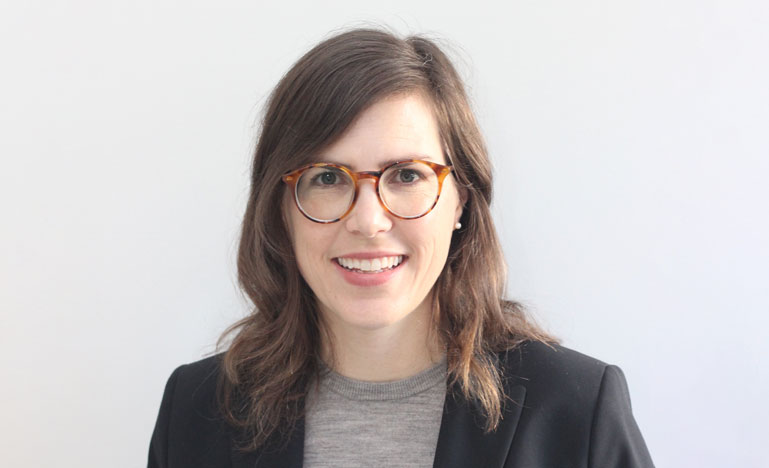After the pandemic: The rule of law in a climate-disrupted world
On the latest podcast, Jocelyn Stacey, of the Peter A. Allard School of Law discusses how governments must prepare to respond with democratic and legal authority to the coming climate emergency.

If the last year has taught us anything, it’s that emergencies can be a shock to the system on many levels.
It isn’t just that Canada and the world have been besieged by a virus outbreak that has killed over 2.5 million people. Covid-19 has also disrupted health and education systems worldwide, as well as the delivery of courtroom justice. National governments have slammed borders shut and placed restrictions on our mobility as citizens. Meanwhile, businesses have done what they can to adapt, though many have been forced to seek bankruptcy protection or shut down altogether. The pandemic also hasprofound implications for international trade that will continue to influence supply chains and shifts in consumer demand for years to come.
Perhaps, having lived through the experience, we’ve learned a few lessons. Chief among them, hopefully, is that we ignore foreseeable risks at our peril.
Indeed, just as there was nothing unforeseeable about Covid-19, a climate crisis of “unprecedented” speed, scope and severity is a highly probable threat. Until now, we’ve done our best to ignore it, and yet our institutions will have to face the music sooner than later.
The systemic risks posed by climate change have the potential to be far more disruptive than the coronavirus -- not just to the economy and migration patterns around the world, but to how we govern ourselves under the rule of law. In a climate-disrupted world where it is increasingly difficult to respond to cascading disasters, it’s easy to imagine emergency management taking up a much larger – and more permanent – role within our welfare state. It then begs the question: How will our governments ensure that they operate with democratic and legal authority in responding to the coming climate emergency?
To help us grapple with this question, we invited Jocelyn Stacey to join the latest episode of After the pandemic. Stacey is an assistant professor at the Peter A. Allard School of Law, at UBC, where she researches environmental crises and ways in which law creates, regulates and prevents these events. She is also the author of the book, The Constitution of the Environmental Emergency, and is currently working on a SSHRC-funded project called, The Law of Disaster Exceptionalism: Reforming Law’s Role in Disaster. She also collaborates with the Tsilhqot’in National Government on Indigenous jurisdiction in times of crisis and has a forthcoming report with the Nation on the COVID-19 pandemic.
Listen now to After the pandemic (Ep. 11): The rule of law in a climate disrupted world.


